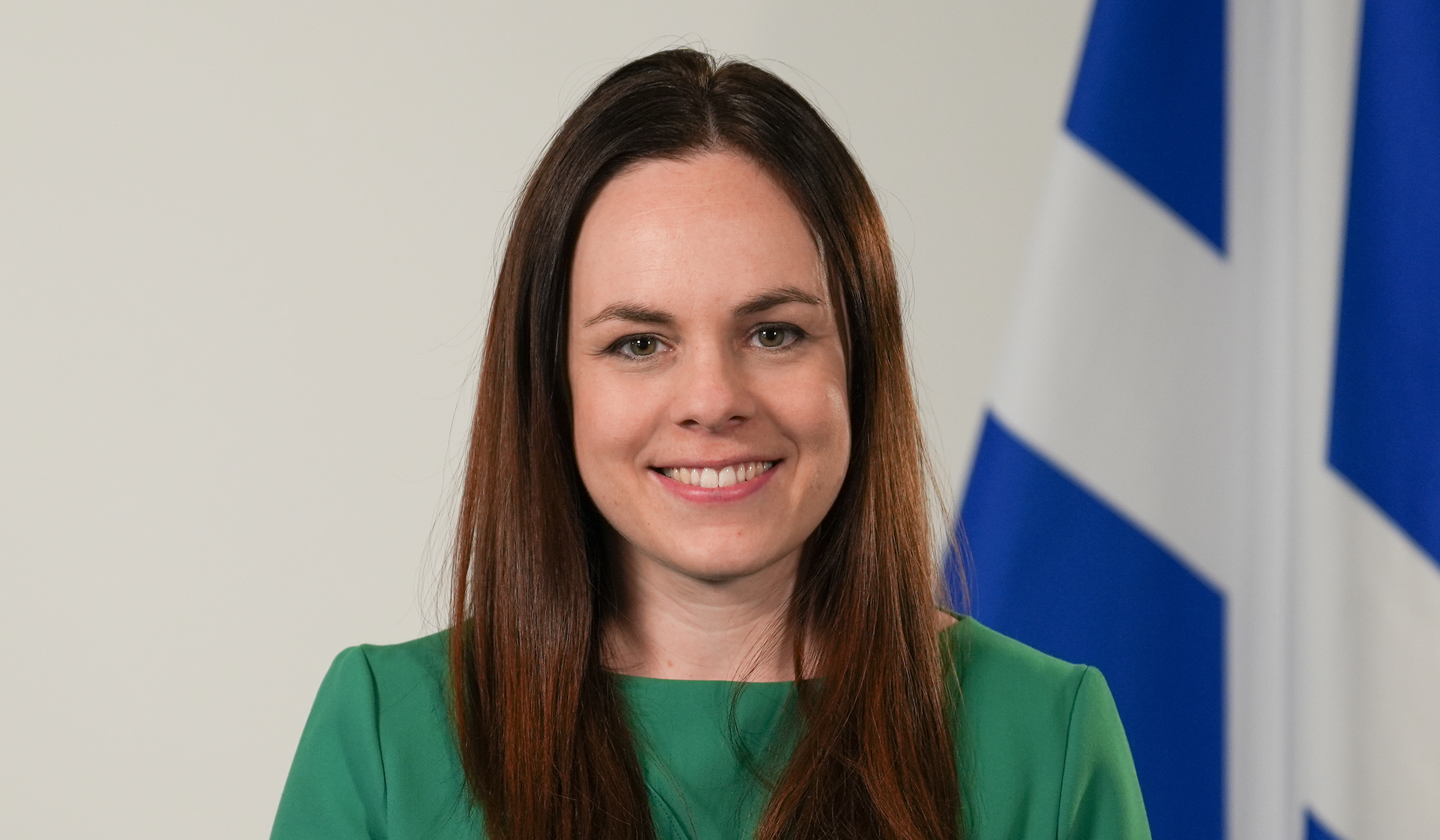Twelve projects that will help young people develop digital skills have been awarded £250,000 by Scotland’s Digital Xtra fund.
Twelve projects that will help young people develop digital skills have been awarded £250,000 by Scotland’s Digital Xtra fund.
Awards ranging from £715 to £48,000 have been made to support a variety of technology-related activities for young people.
These include a project which uses a wildlife camera to help school pupils learn to code using Raspberry Pi computers, coding lessons in local libraries and a forensic investigation project.
The funded initiatives are expected to reach more than 10,500 young people across the country, with a particular focus on engaging harder to reach groups as well as encouraging more girls to try computing.
~~Digital Xtra is part of a programme of activity launched in May 2016 aimed at developing skills and making extracurricular computing activities accessible to all young people aged 16 and under across Scotland.
It is being administered by Skills Development Scotland (SDS) and developed in partnership by SDS, ScotlandIS, Highlands and Islands Enterprise and Education Scotland.
Digital Xtra applications were submitted through Public Contracts Scotland and evaluated by an independent panel of ten experts from Scotland’s digital technologies industry, Scottish Government and education.
The fund received 95 applications and the panel prioritised applications that demonstrated long-term sustainability, partnership working and innovation.
Skills Development Scotland will evaluate all the funded initiatives to see which projects made the greatest impact in order to shape future programmes.
SDS research has found that there is still considerable unmet demand, so the partners plan to make this an annual fund.
The Digital Scotland Business Excellence Partnership provided funding for the first year of the Digital Xtra fund and it is hoped that industry, employers and other funders will contribute in future to making it sustainable in subsequent years.
Claire Gillespie, key sector manager for ICT and digital skills at Skills Development Scotland, said: “Our young people are avid consumers of technology but it’s important that we inspire them to take computing science seriously and have the chance to become the next generation of digital makers.
“Hands on extracurricular activities are an excellent way to get young people excited about digital technology and the difference people can make when they have specialist skills.
“Every single young person in Scotland should have access to activities of this kind and this joined up approach to funding is an important step towards achieving that goal.”
Winning projects
- Tweety Pi is a partnership between SCDI and BT that will bring the natural and digital worlds together with wildlife watching cameras powered by Raspberry Pi computers that have been coded by students. It will be open to 900 pupils in Dumfries & Galloway, Moray, and Orkney.
- Scottish Libraries and Information Council and Code Club have been awarded funding for a joint project that will train library staff to deliver 12 week coding clubs to 9-11 year olds across 27 of Scotland’s 32 library services. Midlothian Council has also received funding to support coding clubs in libraries.
- Edinburgh College and Oracle have partnered for CSI Forensic Investigation, a four week project inspired by the popular CSI television series. Participants aged 12-16 will learn a variety of digital skills including video production and coding.
- Queens Cross Housing Association and Glasgow Kelvin College received funding for a joint initiative to engage young people from North Glasgow with Minecraft and Raspberry Pi coding workshops hosted at the city’s MAKLab innovation facility. A pop up event for 100 young people and their families will complement the workshops.
- Angus Young Engineers from Forfar Academy will use its funding to roll out an after school computing club for secondary pupils and pupils from its cluster primary schools in Angus. It will be delivered with involvement from FIRST Lego League, the international competition that challenges school pupils to create scientific solutions to real world problems.
- Funding will also allow Apps for Good to extend the reach of its extracurricular work with schools across Scotland. It will train teachers to deliver coding courses and teach pupils to design and develop mobile, web and social apps that solve problems young people care about.
- The other successful applicants were Inverness College, Edinburgh International Science Festival, The Prince’s Trust, Ian Findlay Design and Troqueer Primary School, and Rampaging Chariots Guild.




pharmacies in mexico that ship to usa: Mexican Easy Pharm – Mexican Easy Pharm
purple pharmacy mexico price list https://mexicaneasypharm.shop/# Mexican Easy Pharm
п»їbest mexican online pharmacies
https://dappharm.shop/# Priligy tablets
prednisone online for sale
https://kamapharm.com/# buy Kamagra
purchase prednisone 10mg
https://dappharm.shop/# dapoxetine online
canada buy prednisone online
http://dappharm.com/# priligy
medicine prednisone 10mg